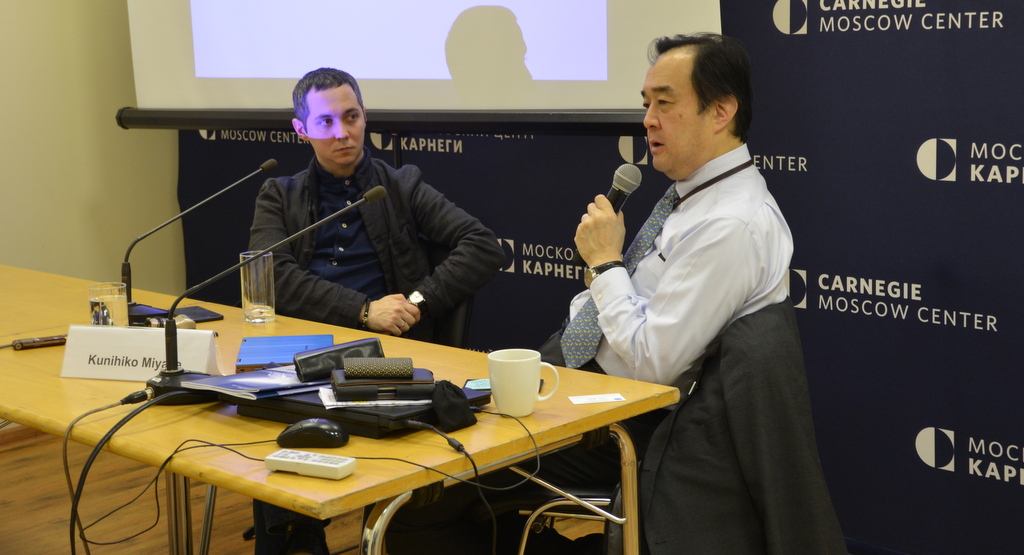Registration
You will receive an email confirming your registration.
In challenging times of political fragmentation and instability both globally and in Asia-Pacific, Japan is facing a changing security landscape. Election of Donald Trump and arrival of new American administration may affect the U.S.-Japan alliance, which for decades has been the bedrock of Tokyo’s foreign and defense policy. The rising assertiveness of China in the East China Sea, the nuclear threat posed by North Korea, growing rivalry between U.S. and China in the South China Sea – all these issues will force Japan to take a fresh look at its security policy.
- What is Tokyo’s plan for managing alliance relations with the new U.S. administration?
- Is Japan ready to bear more responsibility and provide leadership?
- How does the changing environment influence defense policy, including military planning and development of capabilities?
- And how important for Tokyo are relations with Russia in the context of regional and global security?
These and many other questions were discussed by the director of the Canon Institute for Global Studies, one of the leading Japanese experts on security issues, Kunihiko Miyake and the chair of Carnegie’s Russia in Asia Pacific Program Alexander Gabuev.
Kunihiko Miyake
Kunihiko Miyake is the director of the Canon Institute for Global Studies.
Alexander Gabuev
Alexander Gabuev is a senior associate and the chair of the Russia in the Asia-Pacific Program at the Carnegie Moscow Center.
